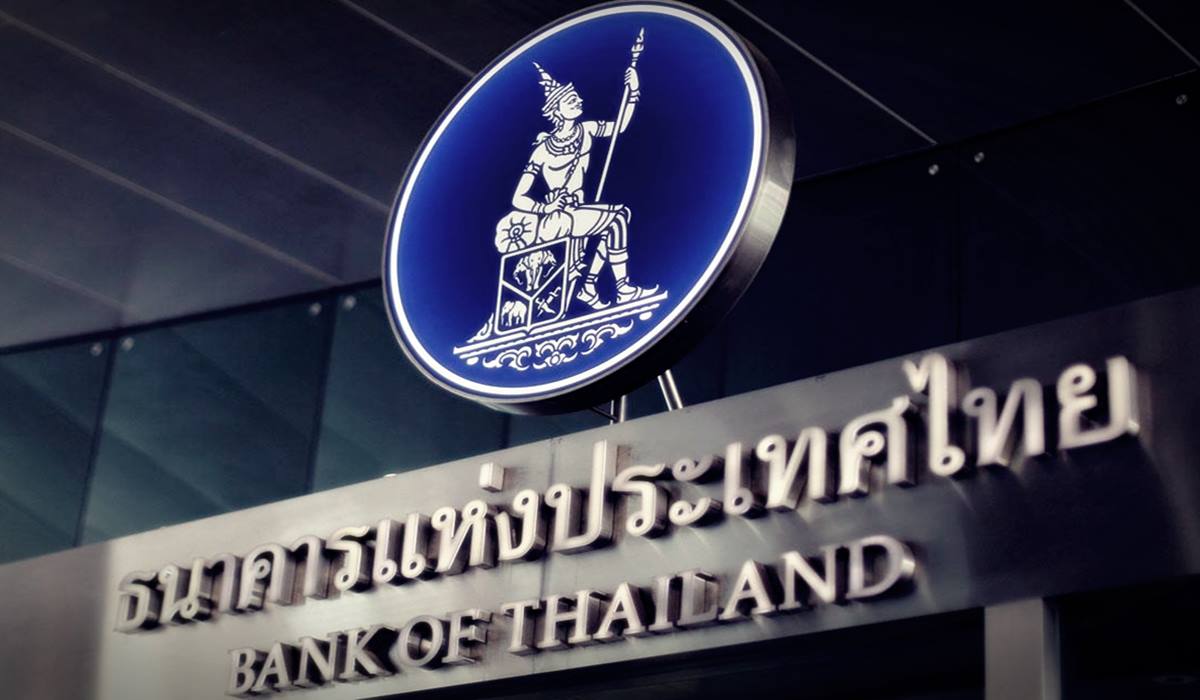
BOT Concludes Thailand’s Retail CBDC Pilot
The Bank of Thailand (BOT) recently concluded its Retail Central Bank Digital Currency (CBDC) Pilot Program, marking a significant milestone in the country’s exploration of digital currency. This initiative, part of Thailand’s broader efforts to modernize its payment landscape, aimed to assess the feasibility and potential of a Retail CBDC for fostering financial innovation and enhancing the payment infrastructure.
The Retail CBDC Pilot Program, conducted from late 2022 to October 2023, involved comprehensive testing of the digital Baht’s core functionalities and its capacity to facilitate various retail transactions. Through collaboration with Giesecke+Devrient (G+D), the BOT leveraged the Filia solution to create a controlled environment for whitelisted payment service providers, retailers, and end-users.
The pilot program focused on four primary objectives:
- Assessment of Technological Readiness: The program evaluated the fundamental functions of Retail CBDC, including minting, distribution, and validation processes. The results demonstrated the system’s capability to handle real-value transactions seamlessly.
- Exploration of Financial Innovation: By experimenting with programmable payments and exploring innovative use cases, such as universal escrow and fraud response scenarios, the pilot highlighted Retail CBDC’s potential to drive financial innovation beyond traditional payment systems.
- Feasibility of Open Access: The program examined whether the CBDC infrastructure could provide open access to both bank and non-bank entities. Results indicated that Retail CBDC could serve as an accessible payment infrastructure for a wide range of financial service providers, fostering competition and inclusivity.
- Viability as an Alternative Payment Infrastructure: Through rigorous testing of online and offline transactions, the pilot demonstrated Retail CBDC’s potential to serve as a resilient alternative payment channel for individuals and businesses, offering benefits such as faster and more cost-effective transactions.
Despite the promising results, the pilot also revealed several challenges and considerations. These include concerns related to non-bank business models, transaction handling, offline CBDC limitations, and regulatory alignment. Addressing these challenges will be crucial for the successful implementation of Retail CBDC and its integration into the existing financial ecosystem.
Looking ahead, the insights gained from the Retail CBDC Pilot Program will inform future initiatives aimed at enhancing Thailand’s payment infrastructure. While there are no immediate plans to officially issue Retail CBDC, the BOT remains committed to leveraging the pilot’s findings to support upcoming projects, such as programmable payments and asset tokenization.





